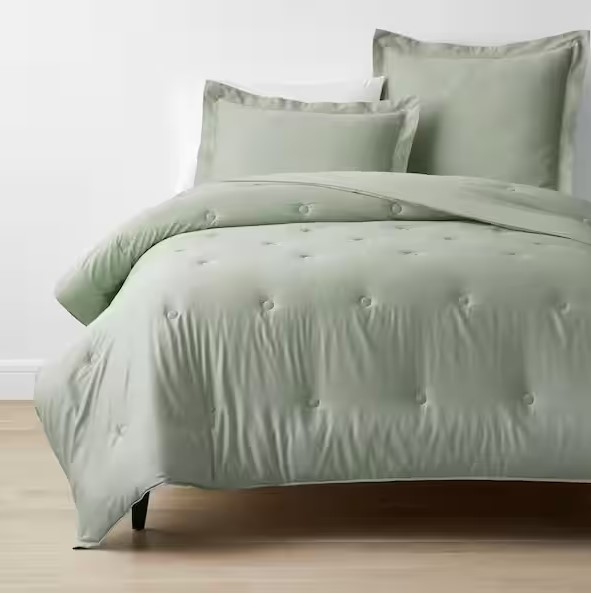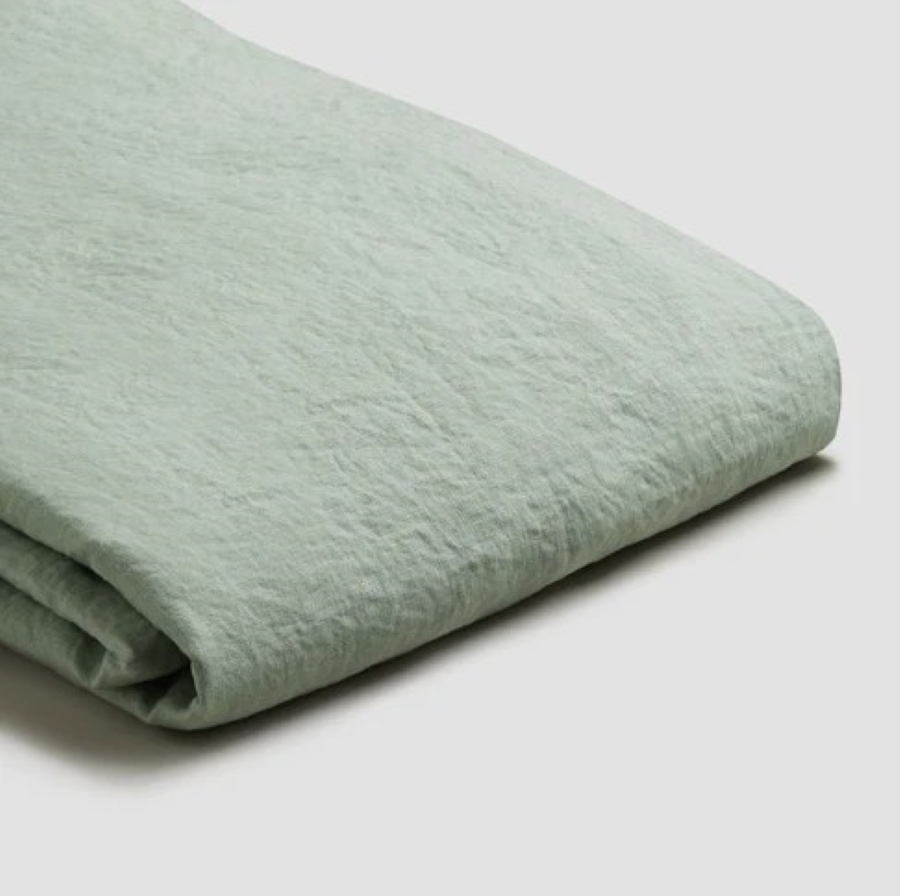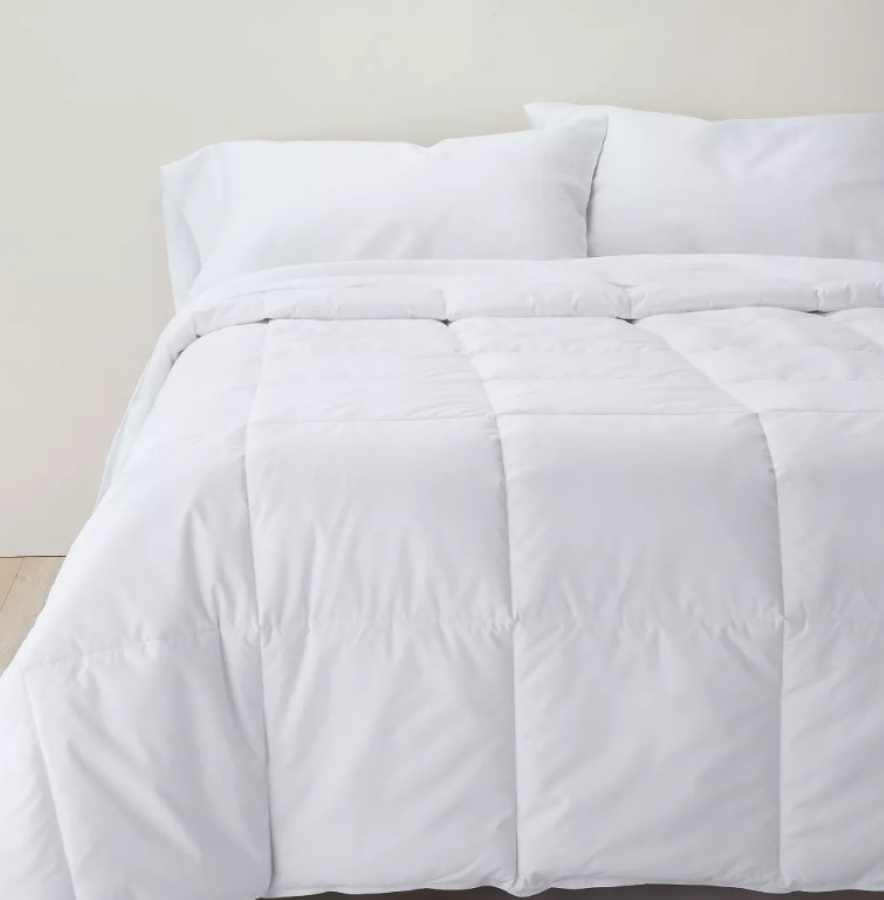What bedding is best for hot weather? These sleep experts have the definitive answer
When it feels too hot to sleep, what should type of bed linen should you use?
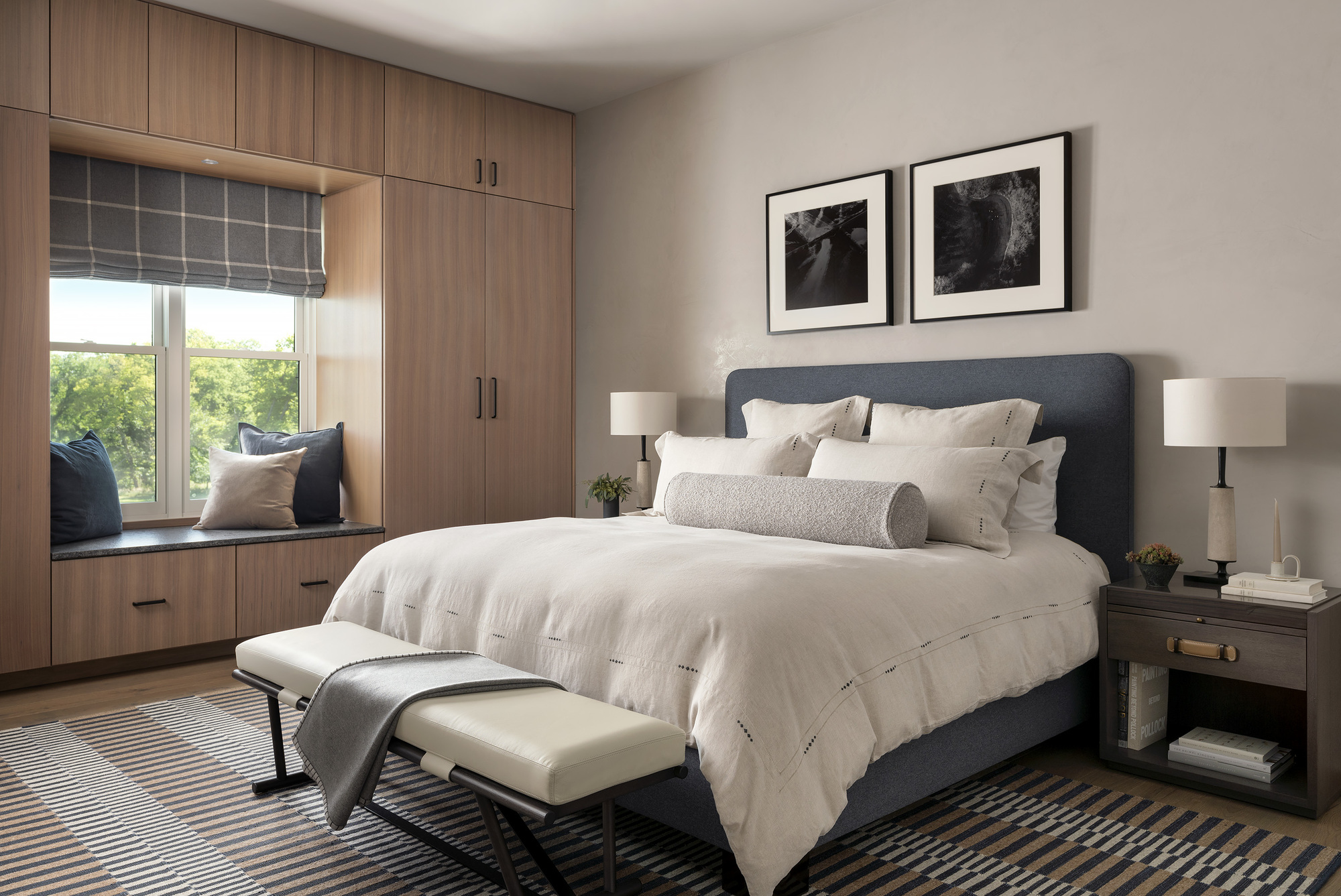

There will be some people out there who ditch the duvet completely once the temperature reaches above 70. Not me. There is something in me that cannot bear the thought of being exposed to the air whilst I sleep. Call me crazy but I don't care how hot it gets I will be under a duvet. However, in recent months as the temperature has reached unfathomable heights, this has caused some issues.
Selecting the right duvet can be a mission. There are a lot of technical terms and phrases that make the whole process very confusing. But fear not as we have entailed help from sleep experts to explain what we should be looking for in a summer duvet. Summer duvet lovers there is no need to suffer in silence, there is a comforting yet breathable bedding solution that is right for you.
Keep these suggestions in mind next time you are overheating at night wishing you had changed your duvet earlier. No ugly practical solutions either, your bedroom will still be in line with the modern bedroom trends.
Togs
Togs are probably the word you associate most with duvets, but do you actually know what it means? Don't worry we didn't either. A tog is a unit used to measure the thermal insulation of an area. The higher the rating the warmer the duvet will be as it insulates more efficiently. 1 being very cool and lightweight and 15 being the warmest, ideal for creating a cozy bedroom.
'Look for duvets with lower tog ratings as they are better suited to hot temperatures' says sleep expert Carlie Gasia. Anything between 1 and 5 is a good tog rating for balmy summer nights.
In recent years it has also become common to have customizable duvets where you can add or take off layers, thus changing the tog rating. This can be great at providing a range of options within one duvet. Perhaps you have a 15 tog duvet that you can take off 5 togs worth, giving you a winter, autumn, and summer option.
Materials
Traditionally feathers ruled the roost of duvets, whilst luxurious they came with their issues. In the face of sustainability concerns and the technological advance of synthetic fibers, they are no longer the go-to. Now we have a large choice of materials for our duvets, unsurprisingly some are better than others for summer.
'Breathable materials for duvets are essential in summer,' says Charlie, 'fabrics like cotton or bamboo are great as they allow air to circulate and prevent overheating. Silk or high-quality microfiber duvets are also good choices for breathability and temperature regulation. Using a lightweight and breathable duvet cover made from natural fabrics can also help with comfort.'
Thankfully there are now so many great natural animal-friendly options that are perfect for summer and one of the ways to keep your bed cool. Opt for a material that suits your personal preferences as they all have slightly different qualities.
Sheets
What you dress your duvet in is just as important as the duvet itself. You might think that you are sorted with the lighter tog natural fibre duvet but that is actually only half the battle.
'Natural fibers are best,' says Isabella Gordon from Sleep Society, 'such as cotton, linen or bamboo. It should also be lightweight and breathable to maximize air circulation.'
Linen is the ideal bed fabric for summer. 'Made from the flax plant, linen's unique weave and long natural fibers allow air to flow through the fabric freely so heat can escape, keeping your body cool as you slumber. It's a highly absorbent material, so any sweat that is conjured up during the night is wicked away leaving your sleep far less disturbed than synthetic alternatives. Its lightweight structure means it won’t cling to your skin as a heavier material would,' says Jessica Hanley, founder of Piglet in Bed.
The great thing is that they also create a calm and restful bedroom that you will want to keep all year long.
Our top picks
Be The First To Know
The Livingetc newsletters are your inside source for what’s shaping interiors now - and what’s next. Discover trend forecasts, smart style ideas, and curated shopping inspiration that brings design to life. Subscribe today and stay ahead of the curve.

Formerly a news writer for Livingetc, Amy completed an MA in Magazine Journalism at City, University of London, and has experience writing for Women’s lifestyle publications across arts, culture, and beauty. She has a particular love for the minimalist aesthetic mixed with mid-century furniture, especially combining unique vintage finds with more modern pieces. Her previous work in luxury jewellery has given her a keen eye for beautiful things and clever design, that plays into her love of interiors. As a result, Amy will often be heard justifying homeware purchases as 'an investment', wise words to live by.
-
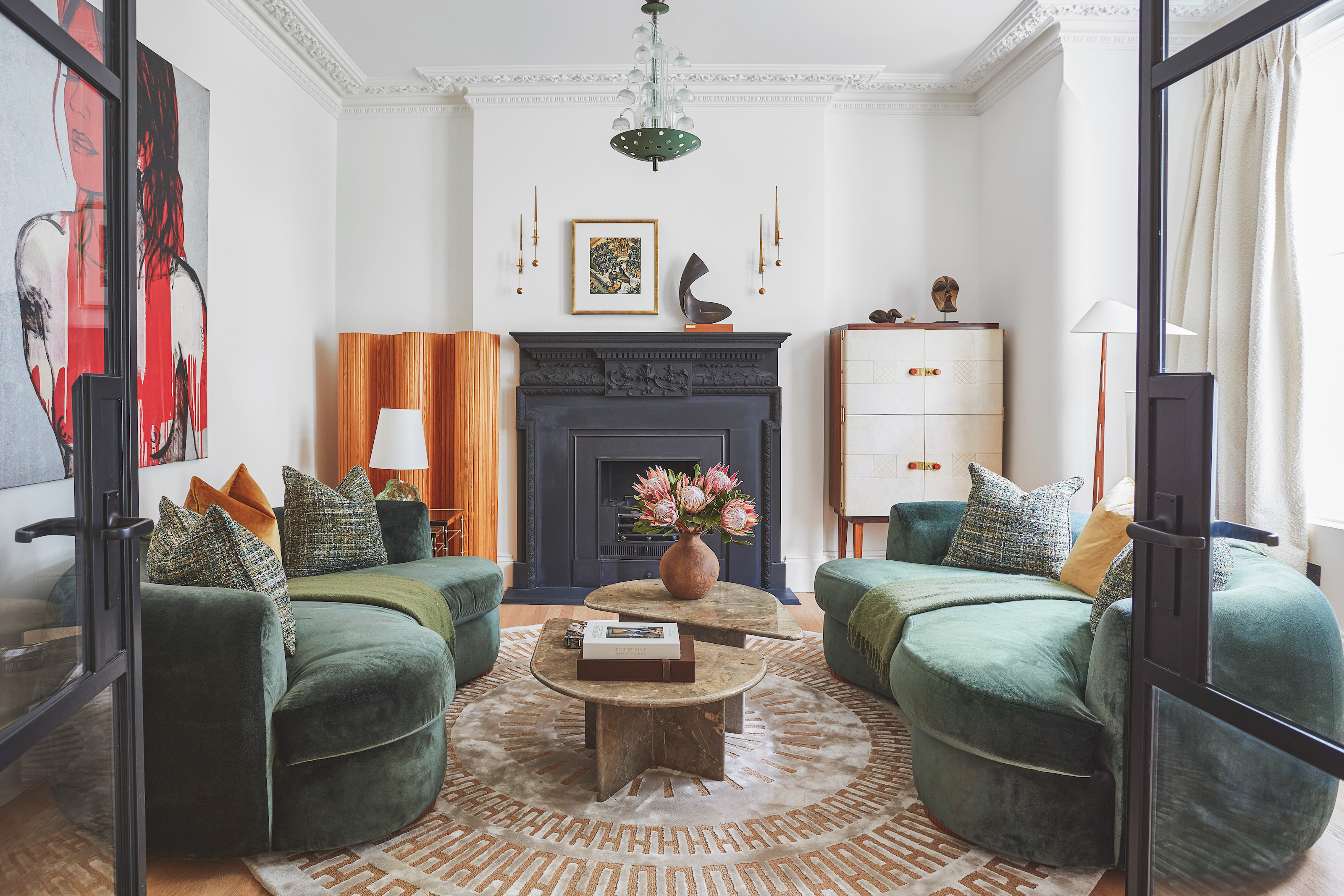 The 'New British' Style? This Victorian London Home Embraces Its Owners' Global Background
The 'New British' Style? This Victorian London Home Embraces Its Owners' Global BackgroundWarm timber details, confident color pops, and an uninterrupted connection to the garden are the hallmarks of this relaxed yet design-forward family home
By Emma J Page
-
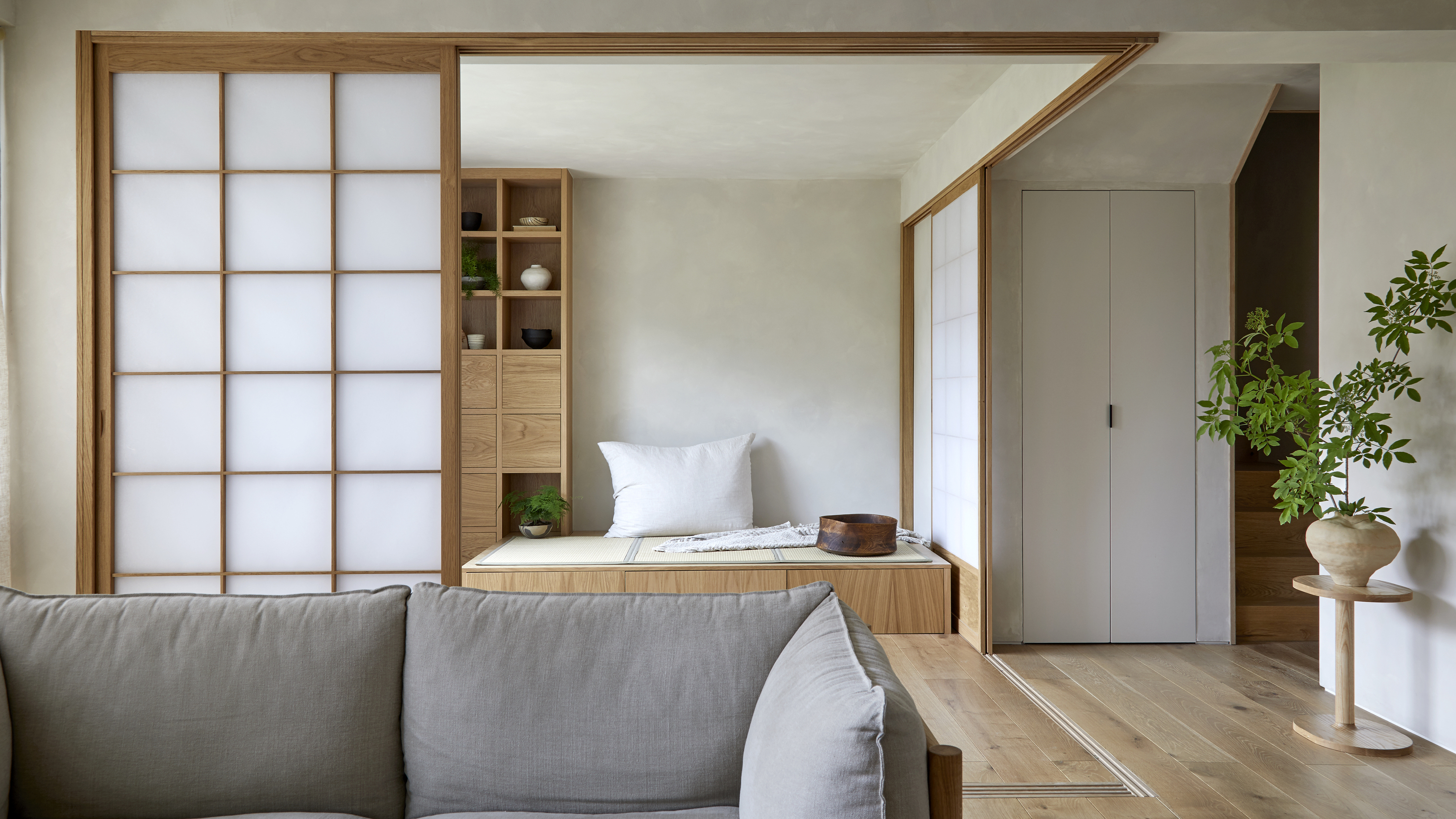 Muji Living Room Ideas — 5 Ways to Harness The Calming Qualities of This Japanese Design Style
Muji Living Room Ideas — 5 Ways to Harness The Calming Qualities of This Japanese Design StyleInspired by Japanese "zen" principles, Muji living rooms are all about cultivating a calming, tranquil space that nourishes the soul
By Lilith Hudson
